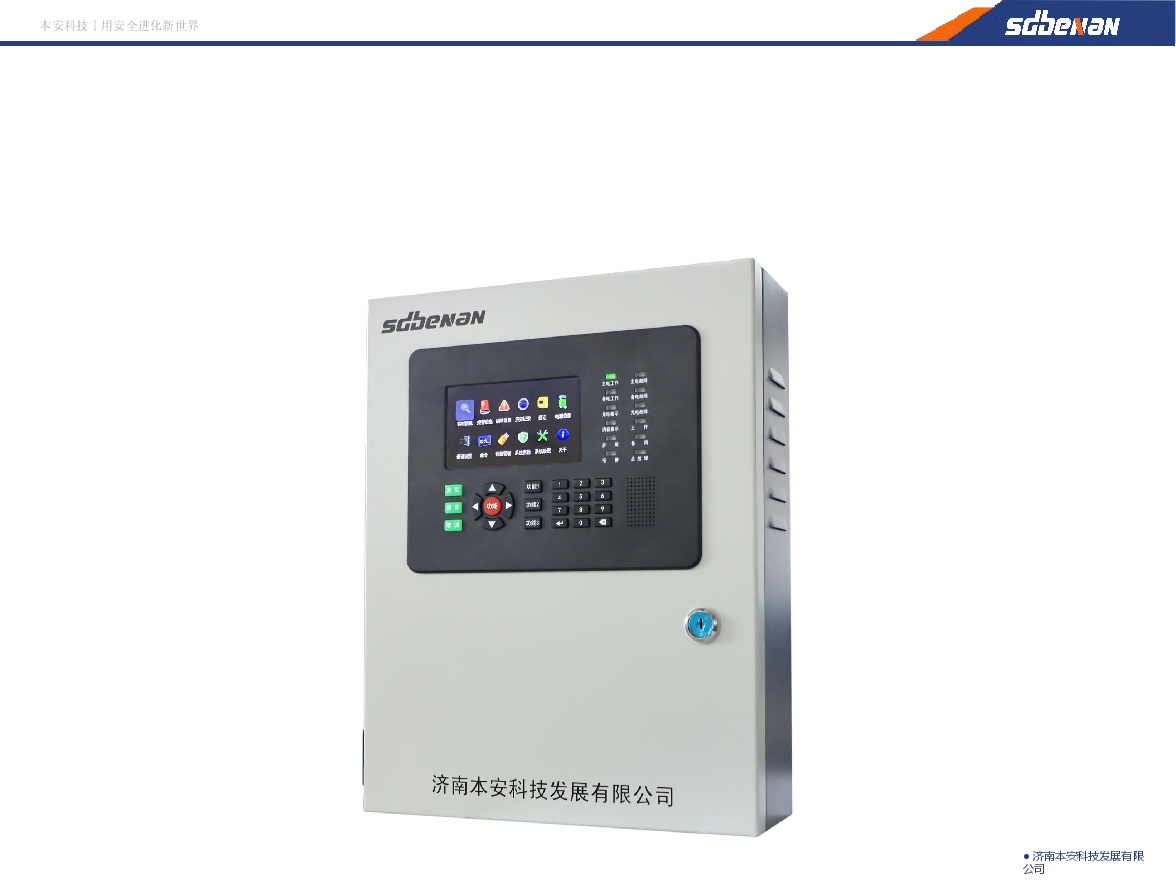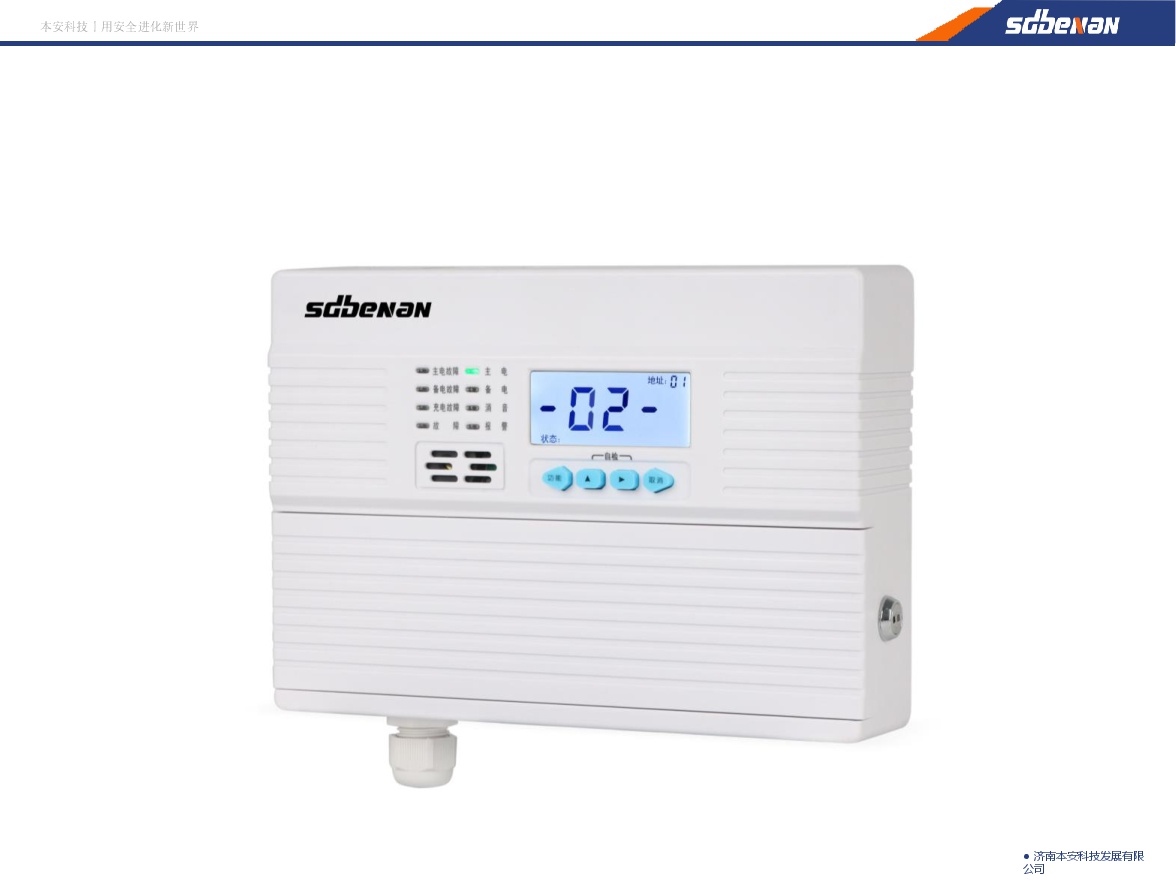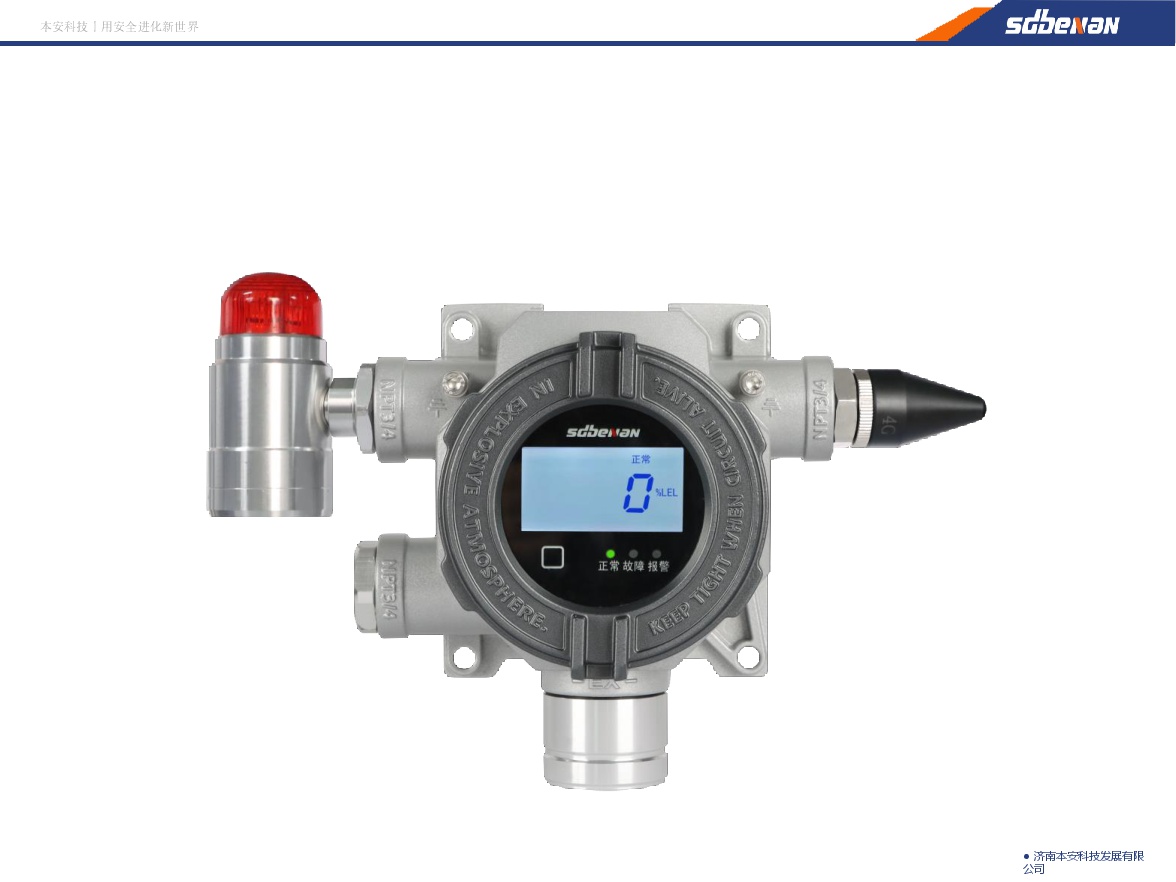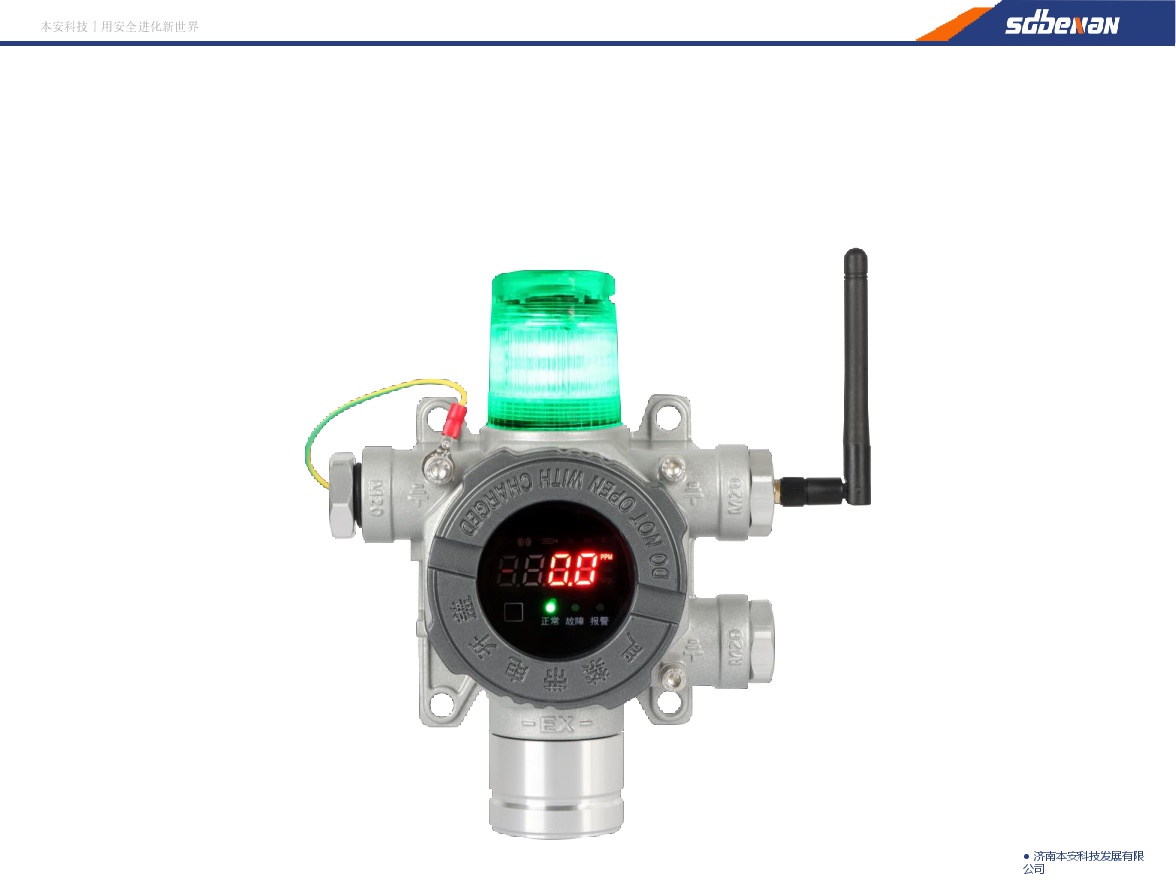Wedoany.com Report-Apr. 2, Trade tensions between Canada and China are affecting an unexpected sector: fish food. China’s vast aquaculture industry, which produced nearly 60 million tons of fish and shellfish in 2024 according to the U.S. Department of Agriculture, relies heavily on rapeseed meal. This protein-rich feed, derived from canola grown in Canada’s expansive fields, supports shrimp, crab, and carp farming across China’s rivers, lakes, and deltas. In 2024, this trade was valued at approximately US$780 million.
The supply chain faced a setback when China imposed a 100% tariff on Canadian rapeseed meal on March 10, 2024. This move came in response to Canada’s duties on Chinese electric vehicles, steel, and aluminum. As a result, the trade has become less viable, prompting concerns among Chinese fish farmers. Canada remains China’s leading foreign supplier of rapeseed meal, and the tariff has already driven a 3% increase in Chinese rapeseed meal futures, though the market response has been moderate so far.
A larger challenge looms as China investigates Canadian canola imports for potential anti-dumping measures. If tariffs extend to canola—a crop China imports in greater quantities than meal—supply shortages could intensify, raising seafood prices. Fish farmers are exploring alternatives: increasing domestic rapeseed use, which may elevate costs; processing more imported canola, pending tariff decisions; seeking other exporters; or switching to substitutes like soybean meal. Soybean meal, typically used for livestock, is costlier and less preferred by some fish due to its lighter color compared to the darker rapeseed meal.
Meng Zhangyu, an analyst at Wuchan Zhongda Futures Co., noted adjustments in the industry: “Some feed producers have already adjusted their recipes, cutting the ratio of rapeseed meal and replacing it with soy.” However, he warned: “But if trade relations continue to worsen, and China imposes tariffs on Canadian canola, that will be fatal. It is hard to find substitute suppliers.” Potential alternatives like Russia or Australia lack the capacity to fully replace Canada’s supply, he added. If canola faces tariffs, “rapeseed product prices will rise significantly.”
Rosa Wang, an analyst with Shanghai JC Intelligence Co. Ltd., indicated that the effects of the rapeseed meal tariff will likely tighten supplies starting in April 2024. China’s domestic rapeseed harvest, expected in May or June, is not seen as an ideal feed substitute and won’t be available in large amounts until then. As of April 01, 2025, the situation underscores the fragility of global supply chains and their impact on everyday industries like aquaculture, with fish farmers bracing for potential cost increases and limited options.











